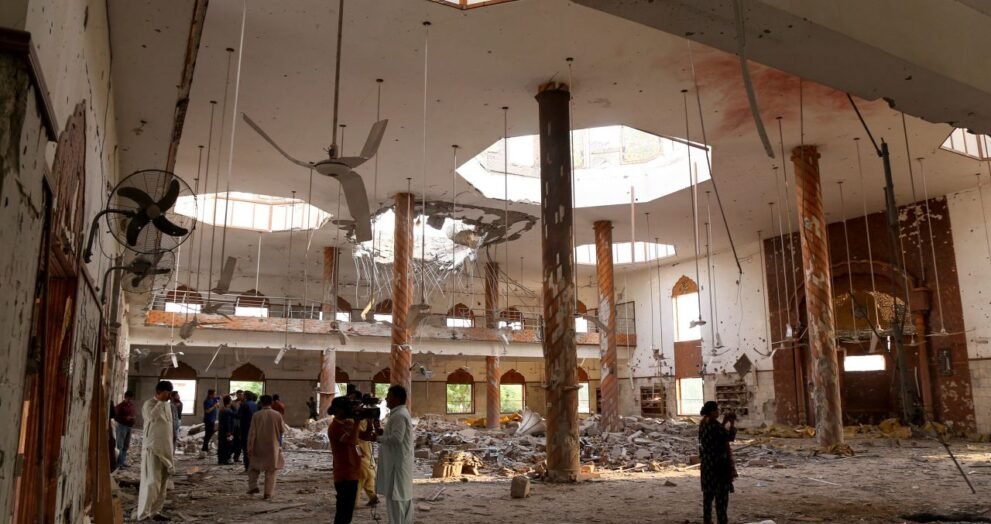INDIA AND PAKISTAN EXCHANGE MISSILE STRIKES IN ESCALATING CONFLICT
India and Pakistan have exchanged missile strikes, further escalating tensions between the nuclear-armed rivals. India claims its military targeted Pakistani military bases after Islamabad fired several high-speed missiles at multiple Indian air bases in the country’s Punjab state. According to Indian Col. Sofiya Qureshi, Pakistan’s actions were “provocation,” and India’s response was “measured.” “Befitting reply has been given to Pakistani actions,” she said, adding that Pakistan targeted health facilities and schools at India’s three air bases in Indian-controlled Kashmir. The Pakistani military, however, claims it used medium-range Fateh missiles to target an Indian missile storage facility and airbases in Pathankot and Udhampur. Lt. Gen. Ahmad Sharif, the army spokesman, described the Indian strikes as a “provocation of the highest order.” The conflict has led to loud explosions in multiple locations, including Srinagar and Jammu, with residents describing the situation as “war-like.” Praveen Donthi, a senior analyst with the International Crisis Group for India, noted that the two countries are engaged in a “remorseless race for military one-upmanship” with no apparent strategic end goals. The US Secretary of State Marco Rubio urged both parties to “find ways to deescalate and offered US assistance in starting constructive talks” to avoid future conflicts. The Group of Seven nations also called for “maximum restraint” from both sides, warning that further military escalation poses a serious threat to regional stability. The tensions between India and Pakistan have been escalating since an attack on a popular tourist site in Indian-controlled Kashmir left 26 civilians dead on April 22. India blames Pakistan for backing the assault, which Islamabad denies. In response to the Pakistani missile strikes, India claims to have destroyed multiple armed Pakistani drones spotted flying over a military cantonment in northern Punjab state’s Amritsar city. “Pakistan’s blatant attempt to violate India’s sovereignty and endanger civilians is unacceptable,” the Indian army stated. As the situation continues to unfold, Pakistan’s civil aviation authority has shut down the country’s airports for all flight operations, and people in major cities are chanting slogans supporting the armed forces.



















































































































































































































































































































































































































































































































































































































































































































































































































































































































































































































































































































































































































































































































































































































